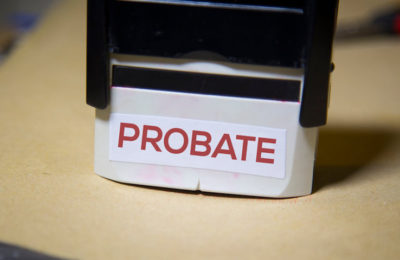A short history into trusts
Here’s something I bet you didn’t know – the earliest trusts date back to the Crusades.
Back in the 12th century, it was very much in vogue for knights and nobles to head abroad and get involved in the latest holy war. The only problem was that, as landowners, they needed someone to manage their estates in their absence – and collect and pay the all-important feudal dues.
To solve the problem, these warriors would convey ownership of their lands to someone else while they were away, on the understanding that ownership would be conveyed back on their return.
This would have been fine, but legally speaking the other person had no legal obligation to hand back the land. This led to growing numbers of angry crusaders petitioning the king, who would then ask his Lord Chancellor to adjudicate. Over time, the Court of Chancery consistently recognised the claims of any returning crusader – who became known as the ‘beneficiary’, while the person managing the land was dubbed the ‘trustee’. In this way, the first trusts were born in English law.
Modern day
Fast-forward 900 years or so and trusts are still going strong. They have plenty of legitimate uses, such as for managing pension plans, safeguarding assets for children and so on. Unfortunately, trusts have also developed a slightly shady reputation as ways of avoiding tax and shifting dodgy money from one jurisdiction to another.
Regulations
To counter this, EU Money Laundering regulations require trustees to keep specific data about all people with a beneficial interest in them, whether they are a settlor (person putting assets into a trust), a beneficiary or a trustee.
To comply, trusts with a UK income source or UK assets and which have ‘tax consequences’ must be registered with HMRC’s Trusts Registration Service (TRS). ‘Tax consequences’ mean trustees are liable for one or more of: Income Tax; Capital Gains Tax; Inheritance Tax; Stamp Duty Land Tax; Land and Buildings Transaction Tax and Stamp Duty Reserve Tax.
Register your new or existing trust by the registration deadline.
If you do not register by the deadline, you may have to pay a fixed penalty of £5,000.
Registration deadline for new trusts
The registration deadline depends on:
- when the trust was created
- If it is liable for Income Tax or Capital Gains Tax
You’ll get a Unique Taxpayer Reference (UTR) in the post within 15 working days (21 if you’re abroad) – you’ll need it to send a tax return.
Registration deadline for existing trusts
Non-Taxable trusts created before 6 October 2020 should have been registered by 1 September 2022. If a non-taxable trust is registered after that date it should have been registered within 90 days of it being created or becoming liable for tax.
Taxable trusts that are created on or after 6 April 2021
Register your trust within 90 days of the trust becoming liable for tax.
Secure professional advice about wills, trusts and legacy planning
However, as always with tax legislation, there are exemptions and different rules that may apply to your trust. So, even though trusts are very different from the days of the Crusades, do talk to one of THP’s accountants today to make sure your trust is properly drafted.
About Ian Henman
London lad Ian joined THP in October 2016 to set up and manage THP’s new legal services department.
Starting at the tender age of 19 Ian spent almost 30 years building his career at Natwest/RBS becoming a business client account manager to many local businesses.
Ian was looking for a new challenge and as THP was searching for someone to gain accreditations and spearhead the legal services department, there was a clear synergy.











